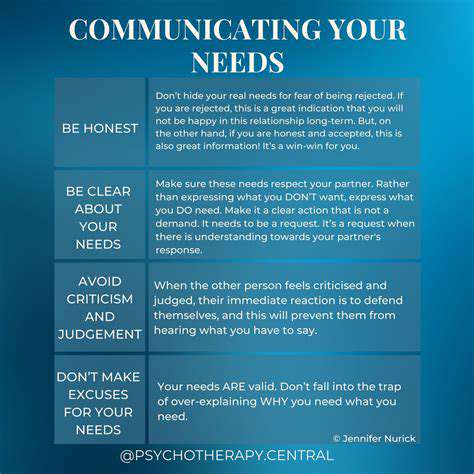The Constant Pressure of Anticipation
Migraine sufferers often live in a state of constant anticipation, wondering when the next attack will strike. This uncertainty casts a long shadow over daily life, impacting everything from social engagements to work commitments. The fear of a debilitating headache can lead to avoidance behaviors, limiting opportunities and creating a sense of isolation. This constant pressure can be incredibly stressful and contribute significantly to the emotional burden of living with chronic migraine.
The Impact on Relationships
Migraine attacks can significantly disrupt relationships. The unpredictable nature of the condition can lead to frustration and misunderstandings with loved ones who may not fully comprehend the intensity of the pain and the accompanying symptoms. Couples, friends, and family members may struggle to adjust to the frequent cancellations, mood swings, and general limitations imposed by migraine. Open communication and support are crucial to navigating these challenges and maintaining healthy relationships.
Communication is key. Explaining the experience to those around you can foster understanding and empathy. Finding ways to manage expectations and enlist support can make a huge difference in maintaining healthy connections during challenging periods.
The Erosion of Self-Esteem
Living with chronic migraine can take a significant toll on self-esteem. The physical and emotional pain, along with the frequent limitations on activities, can lead to feelings of inadequacy and self-consciousness. The inability to participate fully in social or work-related events can contribute to feelings of isolation and diminished self-worth. It's essential to recognize these feelings as valid and seek support to rebuild confidence and self-acceptance.
The Hidden Struggle with Depression and Anxiety
Migraine is often associated with a heightened risk of developing depression and anxiety. The chronic pain, the unpredictable nature of attacks, and the limitations on daily activities can create a vicious cycle of negative emotions. These mental health conditions can further exacerbate the physical symptoms of migraine, leading to a complex interplay of physical and emotional suffering. Seeking professional help is vital for managing both migraine and any accompanying mental health concerns.
Recognizing the link between migraine and mental health is crucial. It's important to remember that seeking help for mental health issues is a sign of strength, not weakness. Therapy and medication can provide valuable tools for coping with both the physical and emotional aspects of migraine.
The Isolation of Living with Invisible Illness
Migraine is often an invisible illness. Others may not fully grasp the profound impact of a migraine attack on a person's life. This lack of understanding can lead to feelings of isolation and frustration. The inability to explain the experience or the difficulty in finding support can be incredibly isolating. Connecting with others who understand the experience through support groups or online communities can be a lifeline for those struggling with this condition.
The Financial Burden of Treatment
The cost of managing migraine can be substantial. From medication to doctor visits, therapies, and potential lost income due to missed work or school, the financial burden can be overwhelming. Navigating the healthcare system and managing costs can be a significant challenge for individuals living with chronic migraine. Exploring options for financial assistance and seeking advice from healthcare providers and financial advisors can ease this burden.
The Importance of Self-Care and Support
Self-care is essential for anyone living with chronic migraine. Prioritizing rest, stress reduction techniques, and healthy lifestyle choices can significantly improve overall well-being. Seeking support from friends, family, or support groups is crucial for managing the emotional toll of migraine. Recognizing the importance of self-compassion and self-acceptance is vital in navigating the challenges of this condition. Building a strong support network can help individuals feel less alone and more empowered to manage their condition.
